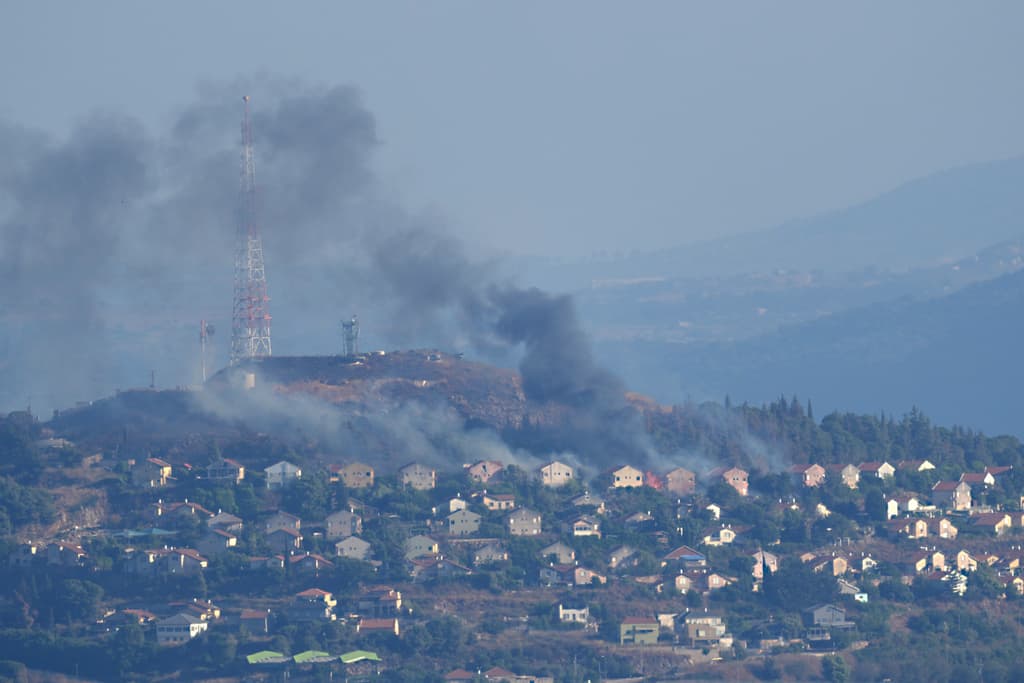In the event of a large-scale war between Israel and Hezbollah in Lebanon, Iran-backed groups from other parts of the region may come to the aid of the Lebanese Islamist movement.
The situation is tense along the Israeli-Lebanese border, with almost daily exchanges of fire from both sides. On one side is Israel, on the other the Iran-backed Shia militia Hezbollah. The situation escalated further when Israel killed a Hezbollah commander last week.
Hezbollah's leader Hassan Nasrallah delivered a speech with a high tone earlier in the week:
Let the enemy know once again that if a full-scale war is declared against Lebanon, we will fight it without restrictions.
"100,000 soldiers"
And if a large-scale war between the two parties were to break out, Hezbollah could receive support from several quarters. In addition to Hezbollah, there are many other groups in the region that receive support from Iran and could together have many tens of thousands of men at the ready.
In Lebanon's war-torn neighbouring country Syria, Iran-backed soldiers from Iraq, Afghanistan, Pakistan, and Lebanon have fought. Leaders of those groups say they are ready to take up arms on Hezbollah's side if a large-scale war breaks out.
According to Hezbollah leader Nasrallah, groups in countries such as Iran, Syria, and Yemen have already offered help in the form of thousands of soldiers, but that it is not currently needed since Hezbollah claims to have more than 100,000 soldiers.
Several groups ready
An anonymous representative from an Iran-allied group in Iraq states that it will fight side by side with Hezbollah if a full-scale war breaks out.
Another person belonging to an Iran-backed group in Lebanon tells AP that soldiers from several groups, including the Houthi movement in Yemen, are ready to intervene.
UN Secretary-General António Guterres has spoken out about the tense situation. He warns against "war rhetoric" from both Israel and Hezbollah and believes that the world "cannot afford for Lebanon to become a new Gaza":
The risk of the conflict in the Middle East spreading is real and must be avoided.






